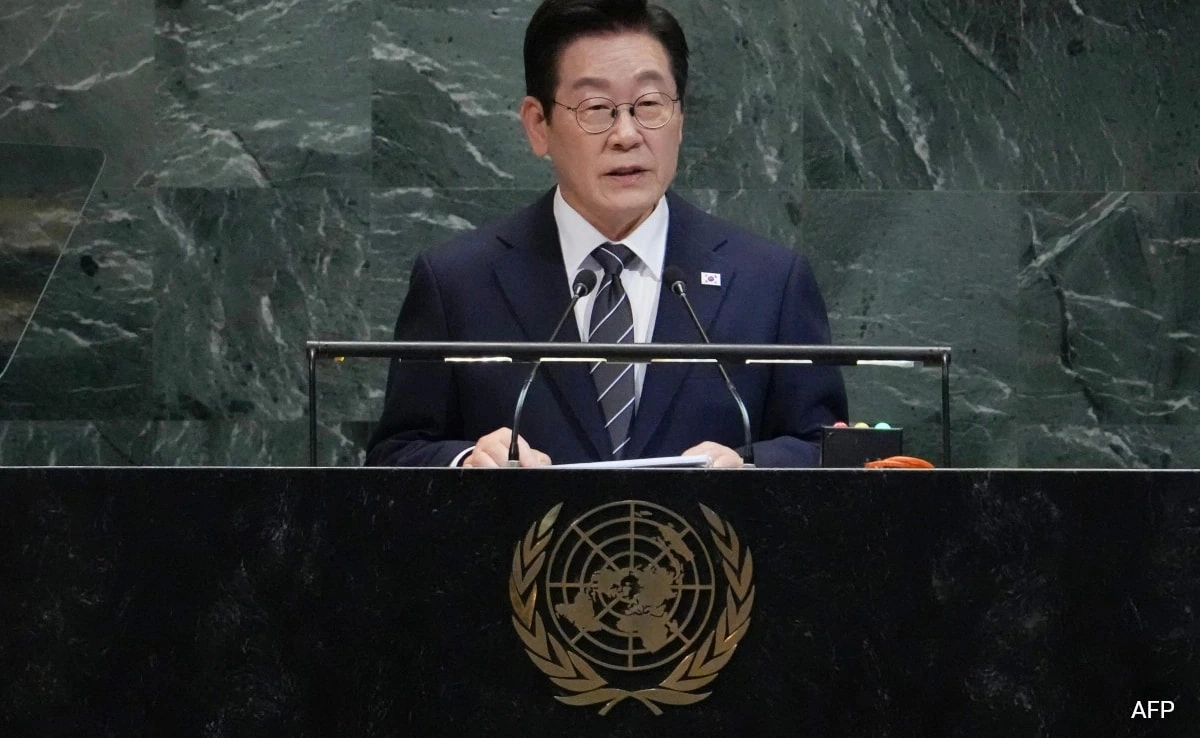In a recent diplomatic exchange, Brazilian President Luiz Inácio Lula da Silva reached out to former U.S. President Donald Trump, requesting the removal of tariffs imposed during Trump’s administration. This “friendly” phone call reflects Lula’s ongoing efforts to strengthen economic ties between Brazil and the United States, which have been strained in recent years due to various trade policies and political differences. Lula’s administration aims to foster a more cooperative relationship with the U.S., particularly in light of the challenges posed by global economic shifts and the lingering effects of the COVID-19 pandemic.
The tariffs in question have had significant repercussions for Brazilian exports, particularly in sectors like agriculture and manufacturing. Lula emphasized the importance of removing these barriers to promote trade and economic growth between the two nations. Brazil, as one of the largest economies in South America, has much to gain from a more favorable trade environment, and Lula’s outreach to Trump signals his commitment to pursuing a pragmatic approach that prioritizes economic collaboration over political discord. This initiative aligns with Lula’s broader strategy of revitalizing Brazil’s economy and enhancing its global standing.
In his conversation with Trump, Lula not only addressed trade concerns but also discussed the potential for increased cooperation in areas such as climate change and sustainable development. Both leaders recognize the importance of working together to address pressing global issues, and Lula’s request for tariff removal is a step toward fostering a more constructive dialogue. As Lula seeks to navigate the complexities of international relations, his willingness to engage with Trump, despite their differing political ideologies, highlights the significance of economic diplomacy in achieving mutual benefits for both countries.
The outcome of this phone call remains to be seen, but it underscores the potential for a renewed partnership between Brazil and the United States. As Lula continues to advocate for the removal of tariffs, the response from Trump and the broader U.S. political landscape will be crucial in determining the future of bilateral trade relations. Ultimately, Lula’s approach reflects a desire for constructive engagement that could lead to a more resilient economic framework, benefiting both nations amidst an increasingly interconnected global economy.



